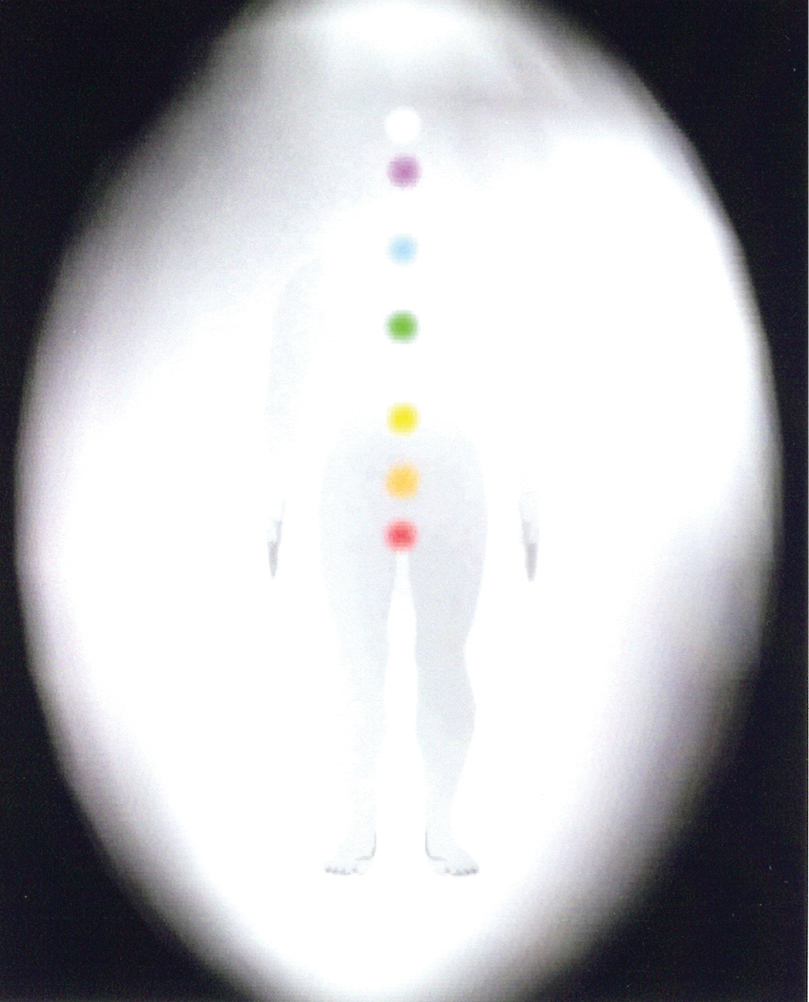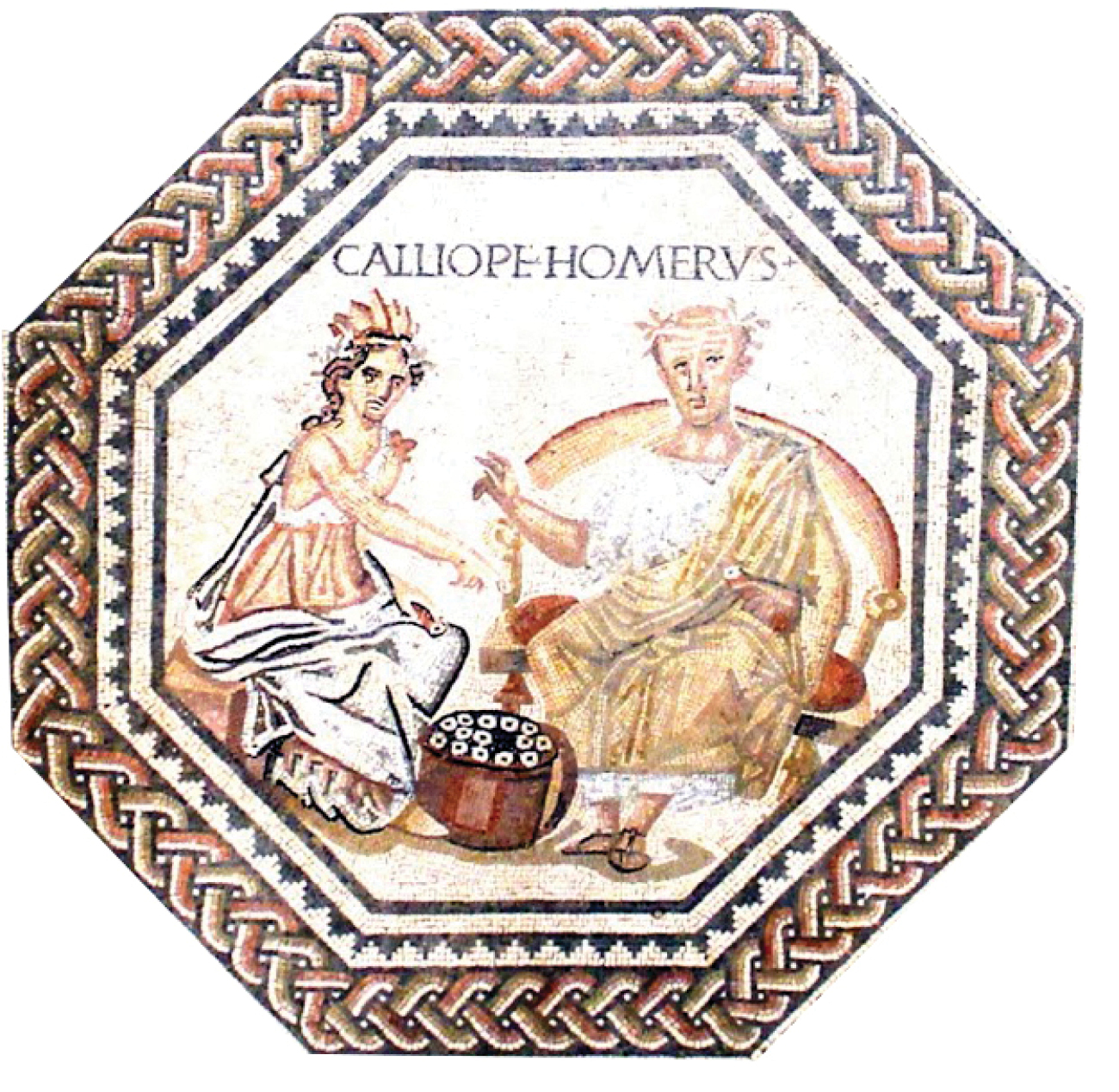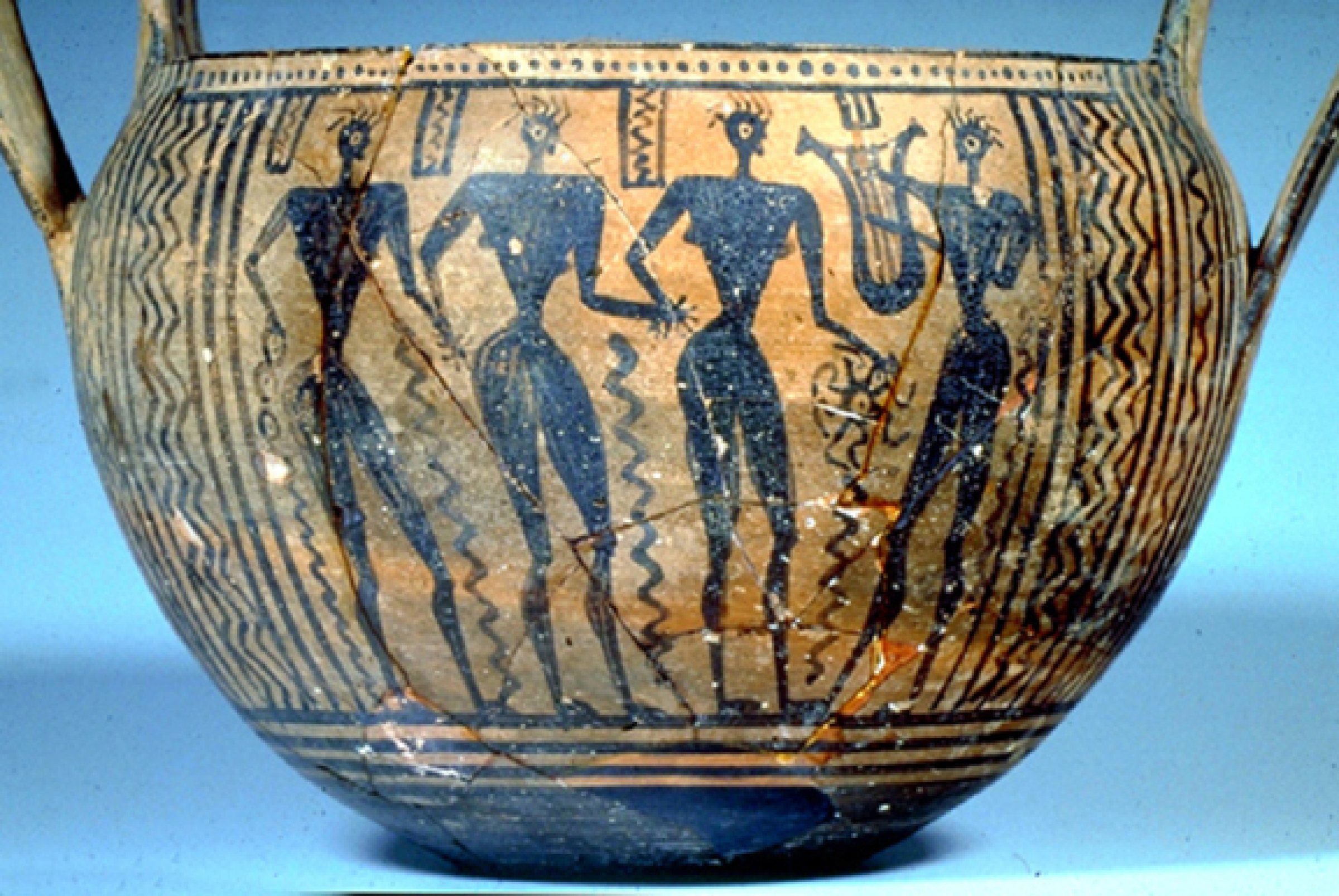
SERVICE TO THE MUSE
by ROBERT GRAVES
From The Atlantic, June 1961
OOOThe meaning of poetry varies from age to age and from nation to nation. When, las year, a primitive agricultural tribe i the Cameroons appointed my niece its court historian and introduced her to the tribal poet, she told him: My uncle is a poet too.” “Ah,” he exclaimed, “your family connection with my trade delights me. What sort of dances does he compose? Which reminded her that English (as opposed to Anglo-Saxon) poetry starts with ballads, and that “ballad” once meant a dance refrain. But among cattle tribes of the same region, a poet’s main tasks are to celebrate heroic feats o f the royal house and extol his chieftain’s generosity and the same custom (derived from Anglo-Saxon scalds) survives today in the Poet Laureate’s birthday ode.
OOOAll verse compositions can be loosely called poems. Verse has a hypnotic quality which gives it a thousand uses magic incantations, national anthems, advertising slogans, epitaphs, various sorts of memoria technica, proverbs, hymns, lampoons, popular lyrics, solemn drama. But poetry as I understand it –– without offense intended to dance makers, scalds, or hymn writers –– means only one thing: service to a Muse.
OOOThe original significance of this word has long been blurred by dishonest or facetious usage. The Muse, or Mountain Mother, whom the preclassical Greeks worshiped on Parnassus and other sacred peaks, seems to have inspired the poet in much the same sense as the loa gods of Haiti now “ride” their devotees. And, although by Homer’s time her invocation had become a mere formality, subservice to the Muse has ever since been avowed by counterfeit poets in the service of politics, learning, or the church. True possession has occurred sporadically down the centuries as a phenomenon that can neither be provoked or foreseen.
OOOThat a long dethroned Goddess still exerts such power is, of course, denied by the Christian Establishment. It is also scoffed at by most scientists: they find no room in their factitious universe even for Jehovah, whose priests had roughly driven the Queen of Heaven from her seat on Mount Zion in the sixth century B.C. Nevertheless, anthropologists allow primitive gods de facto recognition as the alleged sponsors of abnormal psychic phenomena; ad even sociologist feel anxious about a culture which, having agreed that the age of prophecy ended with John the Baptist’s death, must thereafter make do with civics and ethics. Moreover, the reverence now officially paid to poets –– private citizens, unendowed by the state, and not even qualified by any prescribed academic diploma or degree –– implies a tacit acknowledgment of th Muse’s power. Why else did President Kennedy ask Robert Frost, a true poet and notorious non-Christian, to read a poem at his Washington inauguration?
OOOI am not here proposing a revival of Muse worship, with temples, high priestesses, and liturgies; for poetry cannot be ecclesiastized. I am discussing the nature of poetic impulse. To employ West African terms, a goddess or god is an abstraction unless she or he has a sunsum as well as a kra––kra meaning a natural divine power, sunsum meaning an agreed personality. In Haitian voodoo, brought over from West Africa, a sunsum becomes so formalized that the devotee “ridden” by, say, the love goddess Erzulie or the death god Baron Samedi uses certain traditional gestures, tones and mannerisms recognized as the deity’s own. We have in sufficient evidence to decide whether the Hebrew prophets, when they spoke as mouthpieces for Jehovah, adopted his sunsum or merely his kra; but it is clear from the Bible that genuine divine possession could be distinguished from false. So it still can be in cases of poetic trance where the poet is ridden by the Muse. Such trances are apt to excite strange and memorable images, highly personal rhythms in variation on accepted meters, ad a language of peculiar syntax that transcends in emotional force the most considered rhetoric.
OOOThe Muse’s sunsum may vary with the language she speaks, but her kra remains constant. She first posses some woman of what I call “royal nature” ––
“royalty” and “reality” are the same word –– and it is the woman as goddess who entrances a poet, prompting him to celebrate her immortal attributes. Sometimes she speaks from her own mouth in the Goddess’s name, but such women poets are rare. And attempts to worship a god of poetry have always failed. Apollo is a god of the intellect, of intuitive truth; of meter, of rhythm not rhythm; of novelty, not of timelessness.
OOOI can set no value, high or low, on the poem sequence here printed. Results are often nugatory even when the trance has been real’ ad for me, as for others of my profession, the only true poem is always the one still left unwritten. Yet at least these are not occasional pieces of the sort evoked by minor disturbances: they arose from a profound obsession which interrupted all routine work and made me neglect to answer letters or keep my diary posted. Few of them went into fewer than seven drafts, but the passionate trance persisted while, by continuous amendment, they drew nearer and nearer to the image of the truth that I held in my mind’s eye. So perhaps the Goddess’s sunsum may be found in these archaic images, in the uncontemporary scene, and in the tightness of verse.
OOOAt moments of extreme poetic tension, a great sea of delicate, resonant, abstract words borrowed from Norman-French or ecclesiastical Latin draws away from the English poet, in waves, as it were, disclosing:
Deep in their troughs a ribbed sea-floor
OOOTo break his bones upon . . .
namely, the hard, dark base of Anglo-Saxon speech. This has happened once or twice here.
Apple Island means Elysium or Avalon, where the poet sails after death to live forever with his Muse, carrying the halved apple, her gift, whose center is the five pointed star. The Muse figures in this sequence as the Sea Goddess who gazes into the lunar mirror, as he rain-bearing Moon Goddess, as the Goddess of the midsummer-scented myrtle tree, as the Love Goddess Aphrodite of the white sea spray who visits Athene who created the peaceful olive. Again, he is the Libyan Queen Mother whose silver scepter, shaped like a knot of wisdom, means “My decisions cannot be undone,” and who thereby (this being also the true lover’s knot) confirms the poet in the irrevocability of their bond. The double ax, her symbol of power among the ancient Cretans, represents a waxing and a waning moon: love and death. The M sign on the poet’s palm, cross-hatched by lesser lines of affliction. Spells Myrto, Myrrhine, Maia, Mariamne, Melpomene, and many others of the Muse’s Greek titles. She does not always appear as a beautiful woman, but sometimes as a smiling, teasing little girl, or as a ghastly Gorgon, or as the cruel falcon Circe, or as the primeval water snake, or as the coal-black Hag of the Mill (“Menja” to the Norsemen) who in Ireland plagued her poet Suibne. And nothing she does can be foreseen, though the solar year –– its broad felloe spoked with the months –– wheels serenely on from spring to fall, and from fall to spring once more.
OOODo not believe that the ancient tradition and language of poetry are obsolete, that the technological age has buried them deep, that only poets who now have historical importance are such as amuse the intellect with hints and spasms of sense, despise meter, rhythm, syntax, reject their cultural birthright, and allow themselves neither nostalgia for the past nor hope for the future. This view comes, I believe, no nearer the troth than that poems can be academically manufactured after judicious study of approved poetic instances.
I may be biased by my choice of environment, a backwater in Western civilization from which I emerge only seldom to review our astonishing epoch; yet am more convinced at each sortie that the present “neo-Alexandrianism” of poetry ––a critical term, by the way, which dishonors such Alexandrians as Callimachus, Theocritus, ad Apollonius Rhodius, who ha the root of poetry in them, so let us call it “neo-Byzantium,” a closer parallel ––has reached a dead end. Against this, on both sides of the Atlantic, is directed a growing awareness of the Queen of Heaven: an awareness sprung from a disgust of the unnatural, unimaginative, unblessed lives which the application of technology to domestic circumstances now forces people to lead, and which neither synthetically manufactured nor purposely disoriented verse can sweeten or recommend.







